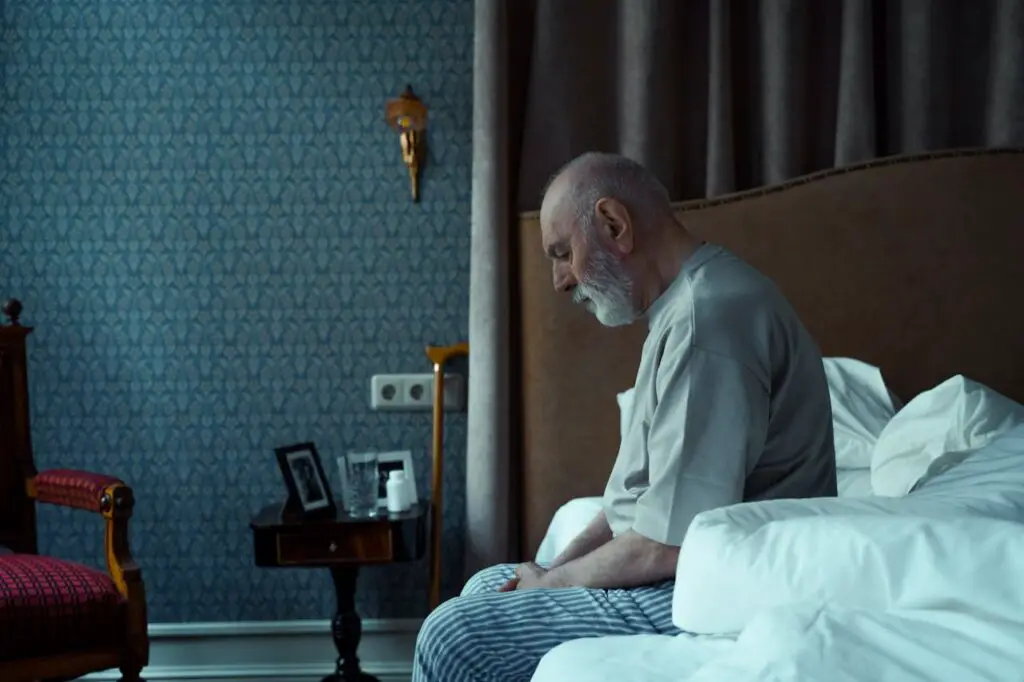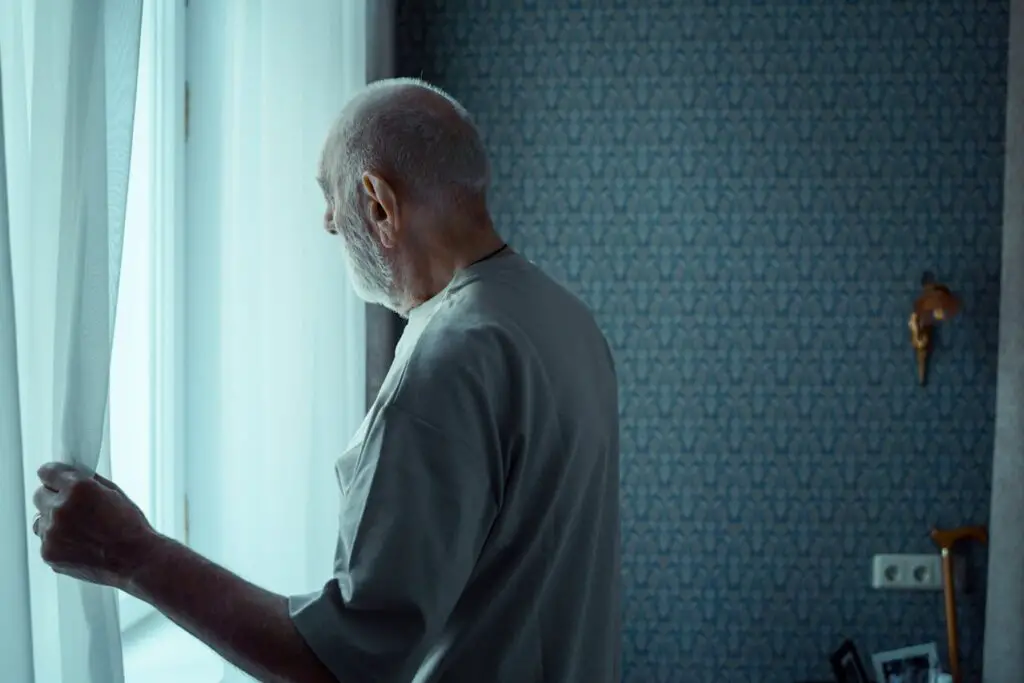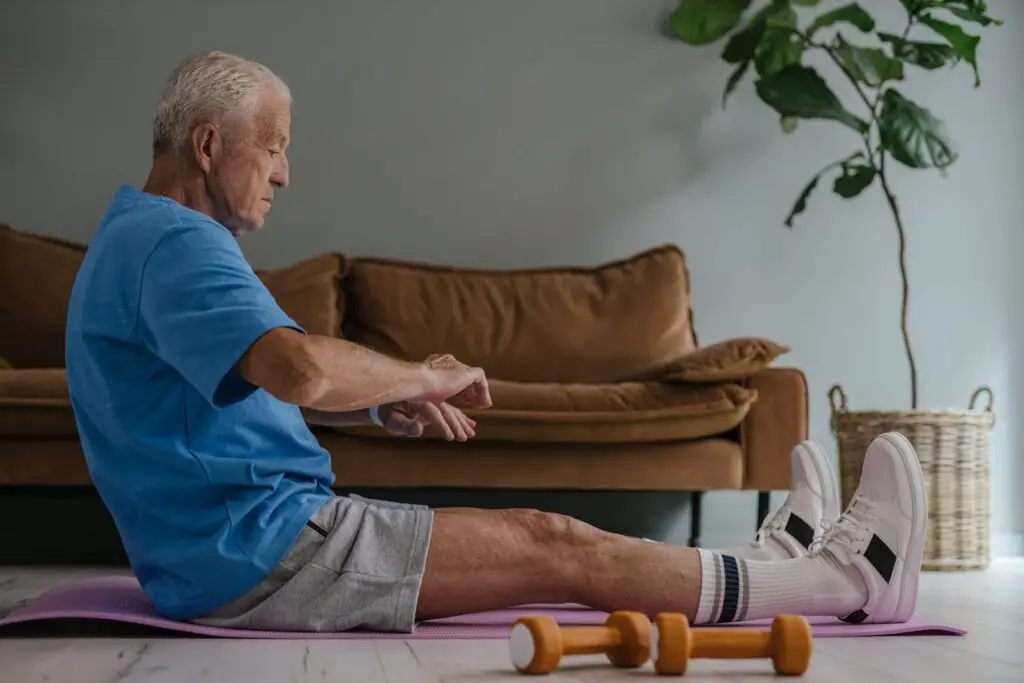7 Things to Stop Doing After 75—They’re Just Not Worth It

Reaching 75 is no small feat—it is a milestone that says, “I have seen a lot, I have learned a lot, and I am still here to enjoy life.” By this stage, you have likely already figured out what truly matters and what does not. But here is the thing—sometimes we still hold on to habits, activities, and mindsets that no longer serve us.
This chapter of life is not about doing more—it is about doing better. It is about conserving your energy for the things that bring joy, protect your health, and make life easier. The truth is, there are certain things that, after 75, just are not worth your time, energy, or stress anymore. Letting them go does not mean giving up—it means making room for what really matters.
Below are seven things that may be worth crossing off your list for good—practical, light-hearted, and designed for baby boomers who want to keep living well in their golden years.
1. Ignoring Regular Check-Ups and Life Check-Ins

Skipping your annual physical might feel harmless—especially if you “feel fine”—but the reality is that health changes can creep up quietly as we age. Regular check-ups allow your doctor to catch issues early, when they are most treatable. And it is not just about medical exams—think of it as a full “life check-in.” This could include reviewing your finances, updating your estate documents, or even assessing home safety features to prevent falls. A quick appointment or two each year can help you stay on top of your health and your peace of mind. Prevention is always easier than a cure.
2. Gambling on High-Risk Investments

Remember when you could afford to take financial risks because there was still time to bounce back? Those days are long gone—and that is okay. After 75, financial stability should take center stage. High-risk investments, like volatile stocks or speculative ventures, can put your hard-earned savings in jeopardy. Instead, focus on safer, steadier options that protect your nest egg while still providing modest growth. The goal now is to preserve your comfort and security, not chase an adrenaline rush from the stock market. Peace of mind is worth far more than a risky payout.
3. Pushing Through High-Impact Sports and Strenuous Workouts

You might still feel young at heart, but your joints, bones, and muscles have been carrying you for decades—and they deserve some kindness. High-impact activities like running, skiing, or intense aerobics can put you at greater risk of injury, which takes much longer to heal at this age. Instead, choose low-impact options that are easier on your body but still keep you moving—swimming, yoga, tai chi, or gentle cycling. You will still get the benefits of exercise without the unnecessary strain. Think of it as exercising smarter, not harder.
4. Neglecting Strength, Flexibility, and Balance Training

While it is important to avoid overly strenuous activity, it is equally important not to stop moving altogether. As we age, muscle mass naturally decreases, making us more prone to weakness and falls. Strength training—yes, even light weights or resistance bands—can help keep your muscles strong and functional. Flexibility and balance exercises, such as stretching or heel-to-toe walking, can reduce fall risk and keep you independent longer. These small routines can make the difference between needing help and staying self-sufficient. Your future self will thank you.
5. Assuming You Can Drive Forever Without Reassessment

Driving is more than a convenience—it is independence. But changes in vision, reflexes, and cognitive ability can affect safety, even if you have been a careful driver your whole life. That does not mean you have to hand over your keys tomorrow, but it might mean making adjustments. Consider limiting night driving, avoiding high-traffic routes, or scheduling regular vision and hearing tests. In some cases, taking a defensive driving course designed for older adults can help keep you sharp behind the wheel. The goal is to keep you—and everyone else—safe on the road.
6. Letting Social Connections Fade Away

It is easy to slip into isolation, especially if mobility becomes more challenging or friends have moved away. But loneliness can harm your health just as much as physical illness. Staying socially active is not just about having fun—it supports mental health, boosts immunity, and keeps your brain sharp. Join a book club, attend community events, or learn to use technology for video calls and online groups. Staying connected is easier than ever, and it is one of the best ways to keep your spirits high.
7. Falling for Scams and Too-Good-to-Be-True Offers

Sadly, scammers often target older adults, knowing they may have savings and a trusting nature. From fake lottery wins to “romance scams,” the tactics can be sophisticated—and costly. Protect yourself by being skeptical of unsolicited calls, emails, or messages. Never share personal or financial information unless you are absolutely certain who you are dealing with. If something sounds too good to be true, it almost always is. When in doubt, run it by a trusted friend or family member before acting. Your financial security and peace of mind are worth protecting.
Final Thoughts

By 75, you have earned the right to prioritize what truly matters—and to drop the rest without apology. Life at this stage should be about quality, not quantity; about savoring the good moments, not rushing through them. Letting go of things that no longer benefit you is not a sign of slowing down—it is a sign of wisdom.
You have done the hard work, built the life you wanted, and weathered storms along the way. Now is the time to make choices that keep you healthy, secure, and joyful for years to come. So take a look at this list, pick one thing to change today, and start living lighter and happier. After all, you have earned it.
Leave a Reply